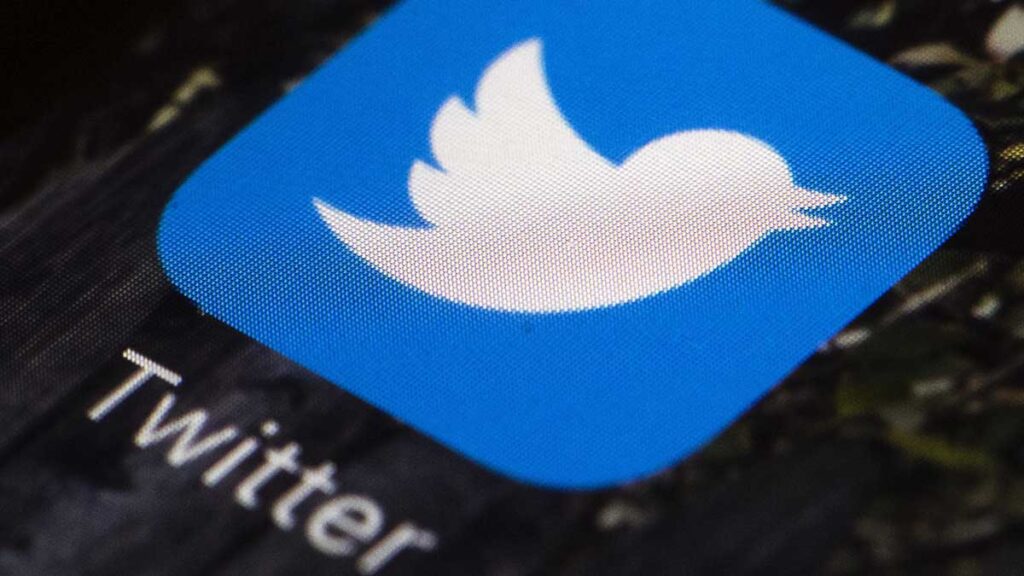
Russian authorities on Monday backed away from threats to block Twitter, saying that the social media platform deleted most of the banned content identified by Moscow and expressed “readiness and interest in building a constructive dialogue.”
Russia’s state communications watchdog Roskomnadzor said it decided not to block Twitter in light of these developments, an announcement that seemingly ends the most recent standoff between the Russian government and the platform that has played a role in amplifying dissent in Russia.
Two months ago, Roskomnadzor accused Twitter of failing to remove content encouraging suicide among children, as well as information about drugs and child pornography. The agency announced on March 10 it was slowing down the speed of uploading photos and videos to the platform, both on desktops and mobile devices, and less then a week later threatened to block it if it continues to not comply with the demands.
In response to the accusations, Twitter has emphasized its policy of zero tolerance for child sexual exploitation, the promotion of suicide and drug sales.
Roskomnadzor said in an online statement Monday that Twitter has taken down 91% of prohibited content, with only 563 posts containing child pornography, information about drugs and suicide, calls for minors to take part in protests and extremist materials out of roughly 5,900 remaining available.
Since the platform “confirmed that it fully shares the agency’s endeavors to combat socially dangerous content and will take all necessary measures to remove it,” and “expressed its readiness and interest in building a constructive dialogue,” Roskomnadzor said it decided not to block it.
But it will continue to slow Twitter down on mobile devices until all of the banned content is removed and the platform starts taking down prohibited content within 24 hours of being notified in accordance with the Russian laws.
“The agency appreciates the efforts of Twitter to comply with the requirements of Russian laws,” Roskomnadzor said.
Twitter said in a statement Monday it welcomed Russia’s decision not to block it.
“Access to a free and open Internet is an essential right for all citizens, which also protects free expression and promotes fair competition,” the statement said. “We remain deeply committed to offering a safe service to account holders around the world — including those in Russia. As part of this endeavor, we will continue to engage in constructive dialogue with Roskomnadzor into the future.”
According to Twitter, it has removed or restricted access to all content that Roskomnadzor flagged up and that falls under the platform’s existing policies.
Russian authorities criticized social media platforms earlier this year for bringing tens of thousands of people into the streets across the country in January to demand the release of jailed opposition leader Alexei Navalny, who is President Vladimir Putin’s most well-known critic. The wave of demonstrations was the largest in years and posed a major challenge to the Kremlin.
The authorities alleged that social media platforms failed to remove calls for children to join the protests. Putin has urged police to act more to monitor social media platforms and to track down those who draw children into “illegal and unsanctioned street actions.”
The Russian government’s efforts to tighten control of the internet and social media date back to 2012, when a law allowing authorities to blacklist and block certain online content was adopted. Since then, a growing number of restrictions targeting messaging apps, websites and social media platforms have been introduced in Russia.
The government has repeatedly aired threats to block Facebook and Twitter, but stopped short of outright bans — probably fearing the move would elicit too much public outrage. Only the social network LinkedIn, which wasn’t very popular in Russia, has been banned by authorities for the failure to store its user data in Russia.
MOSCOW (AP) — By DARIA LITVINOVA Associated Press
Associated Press writer Kelvin Chan in London contributed.